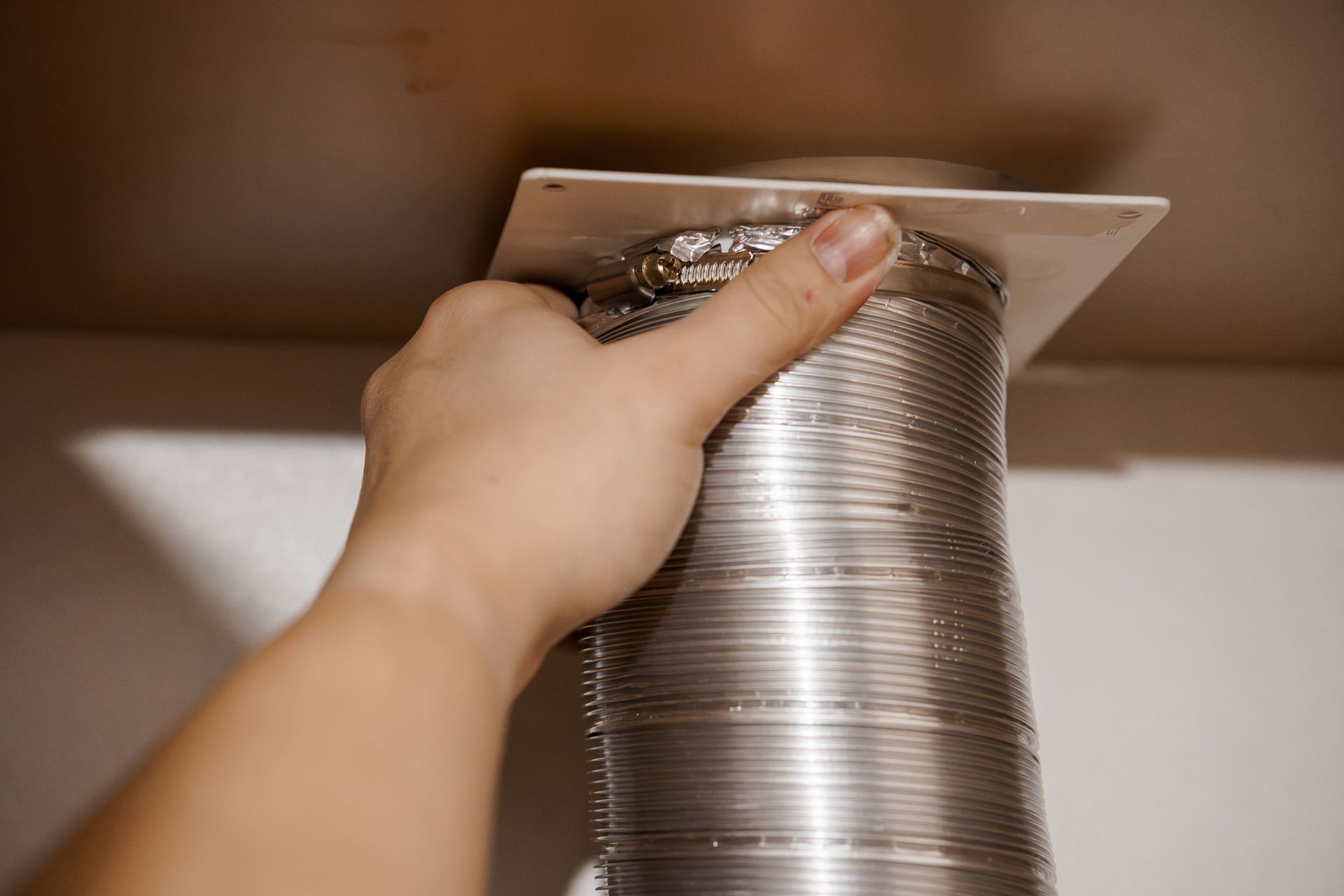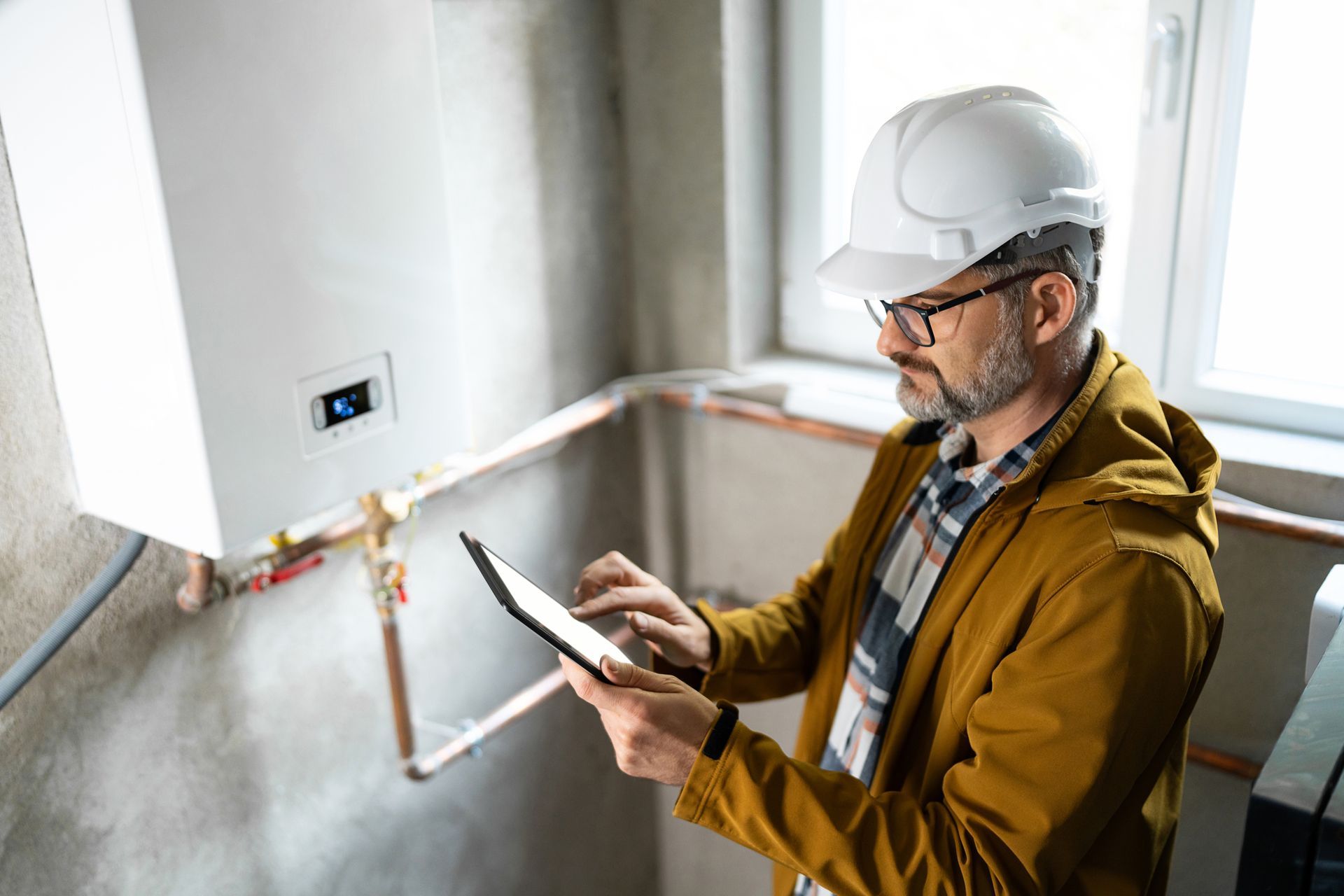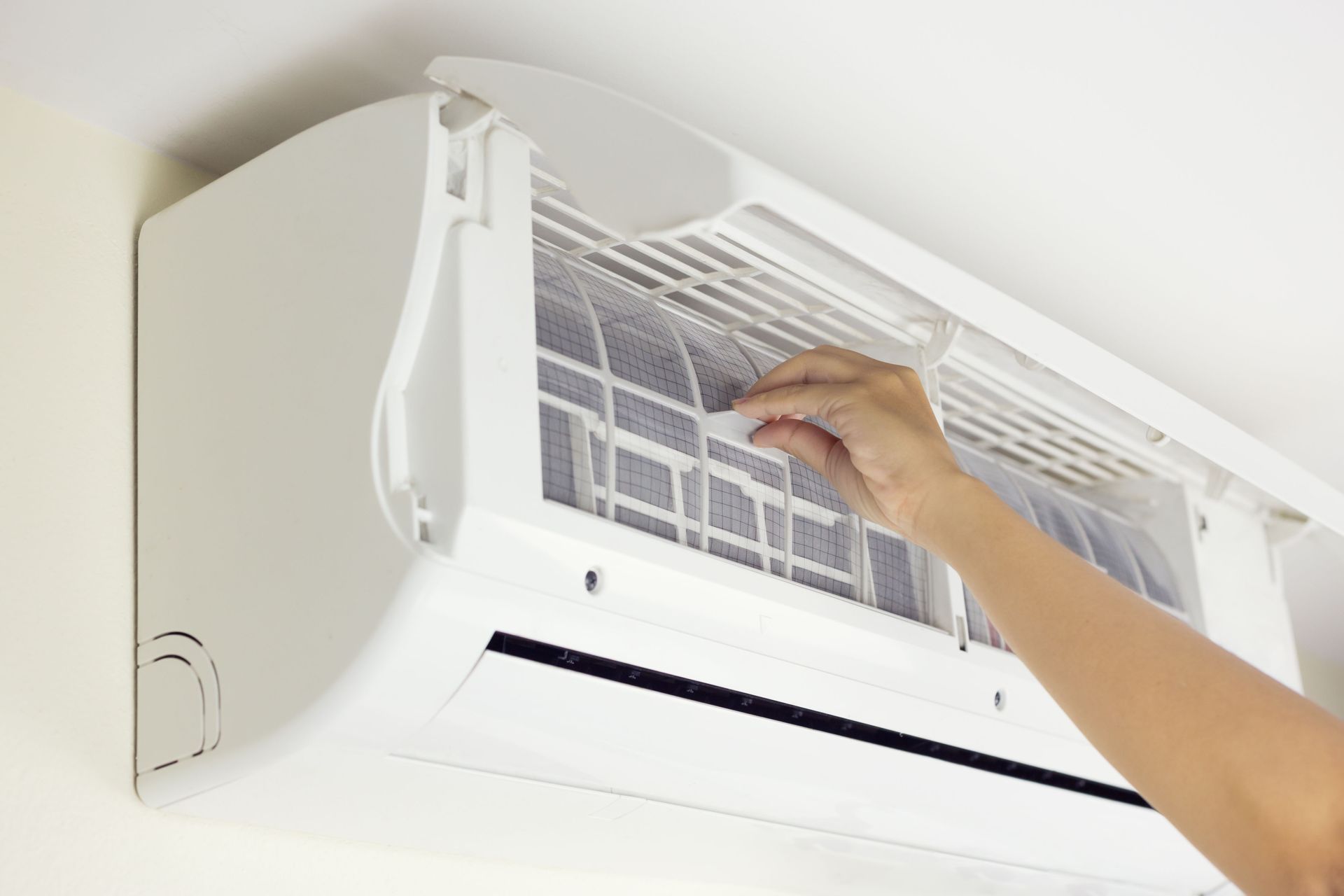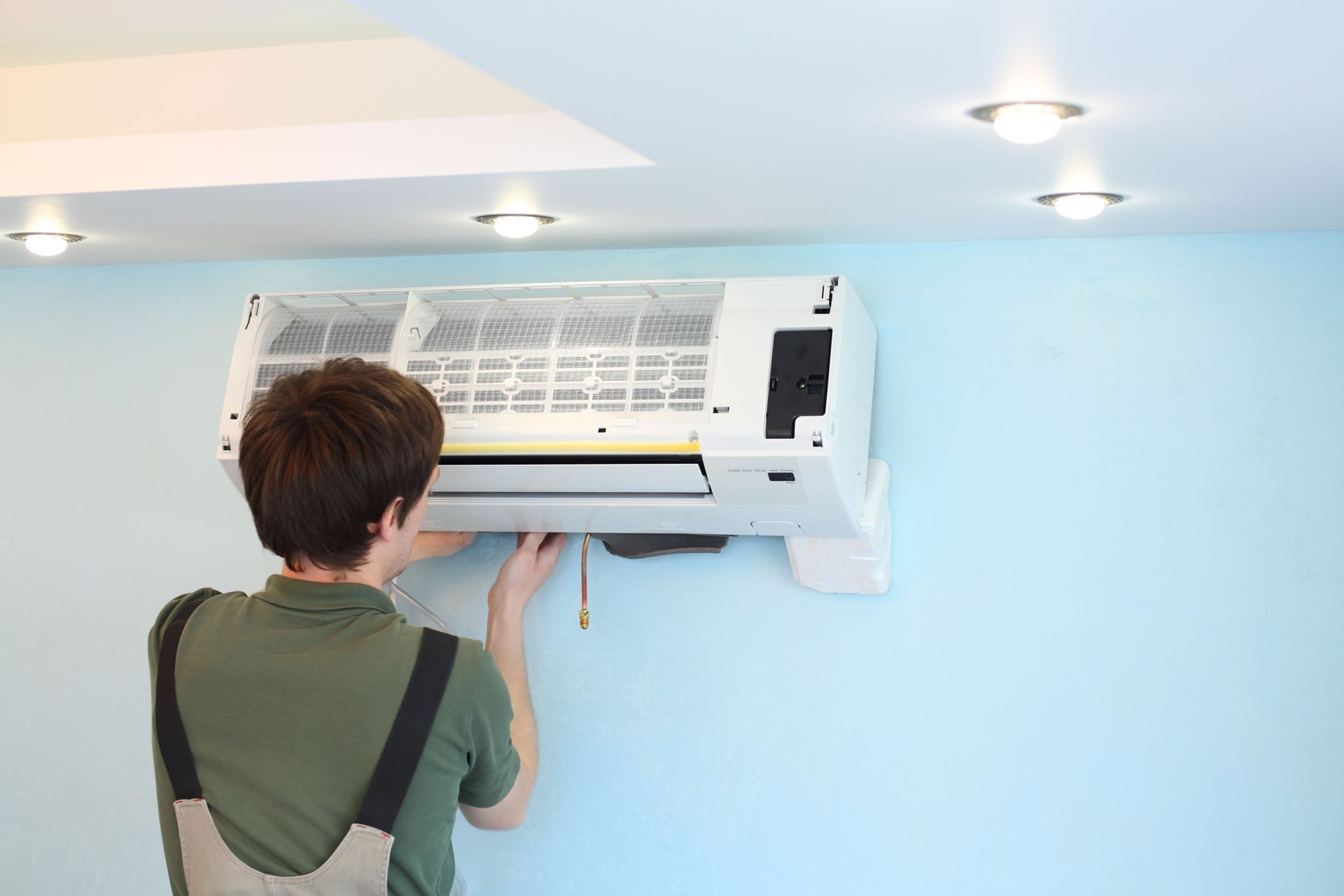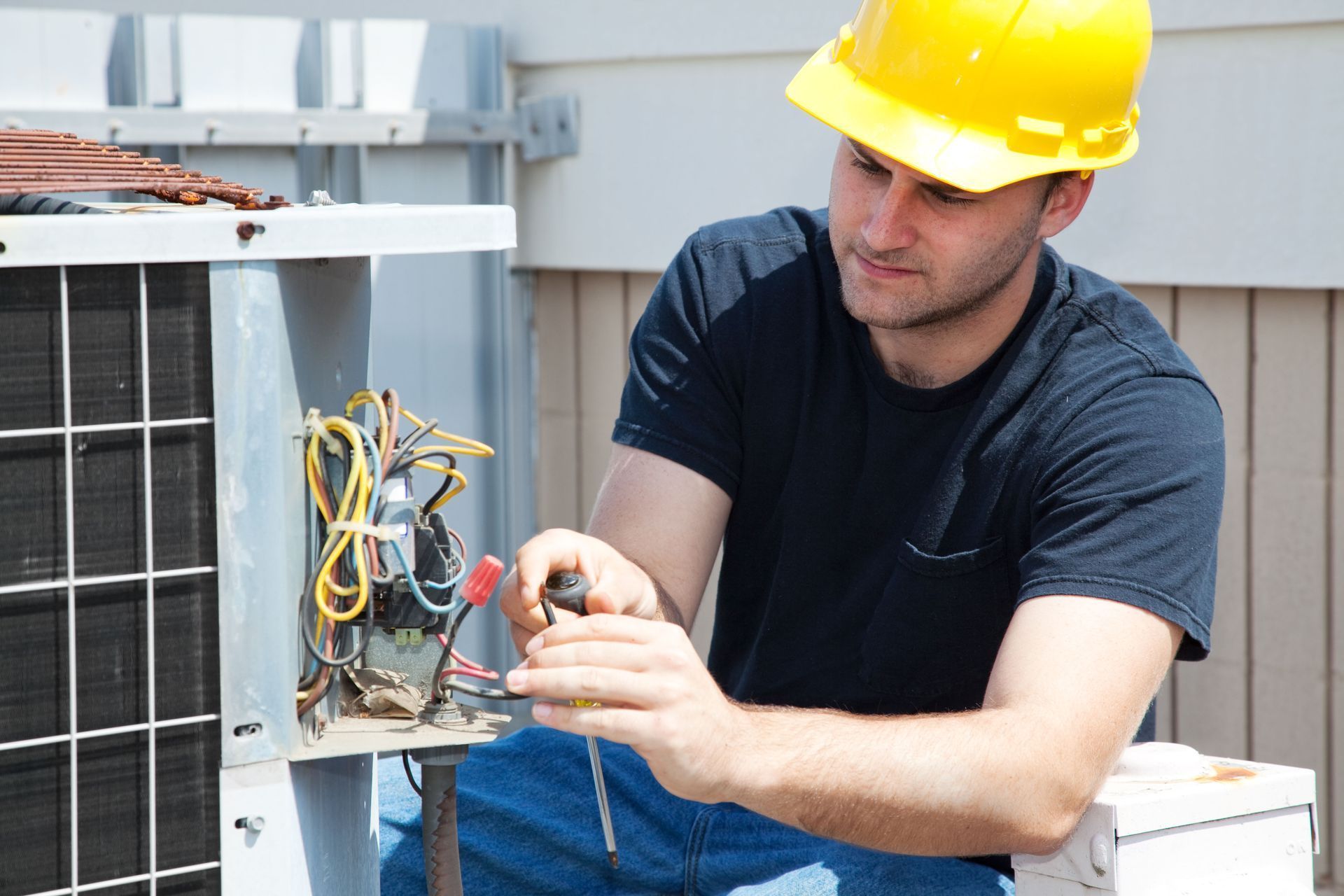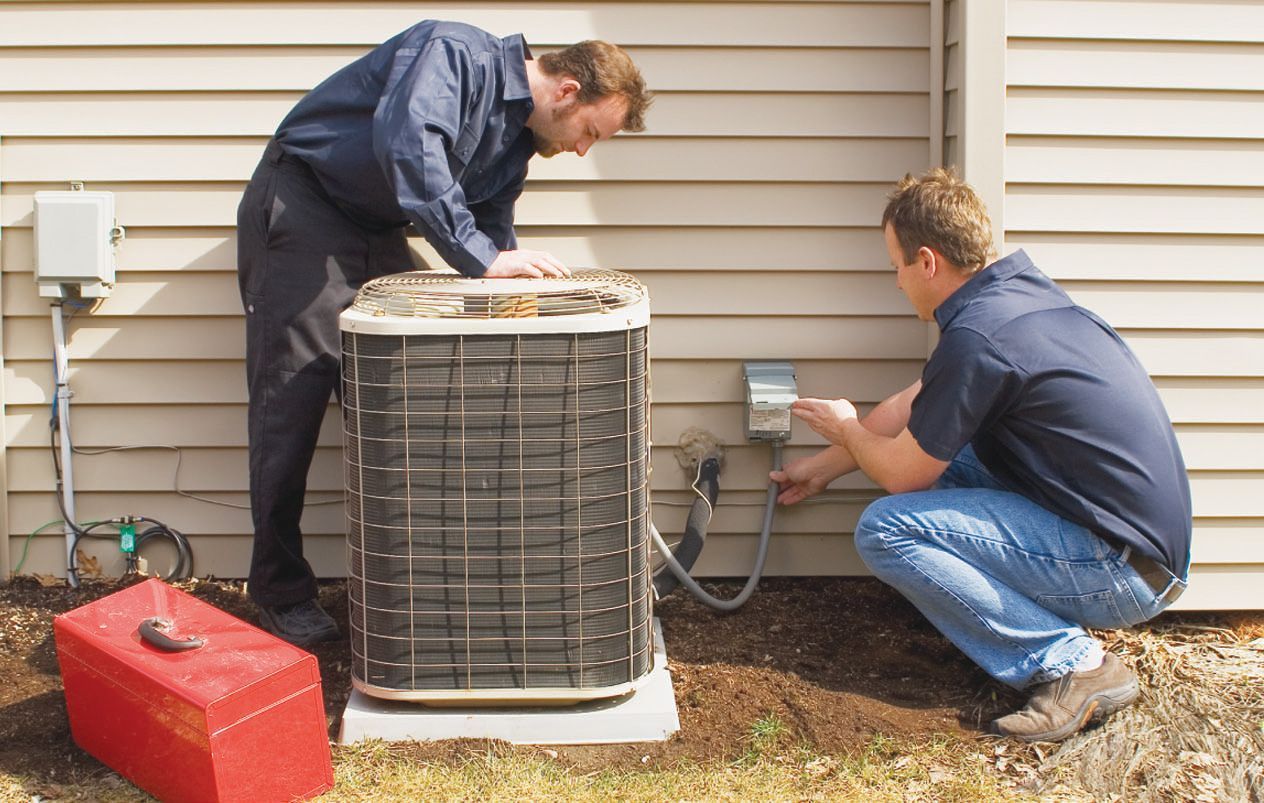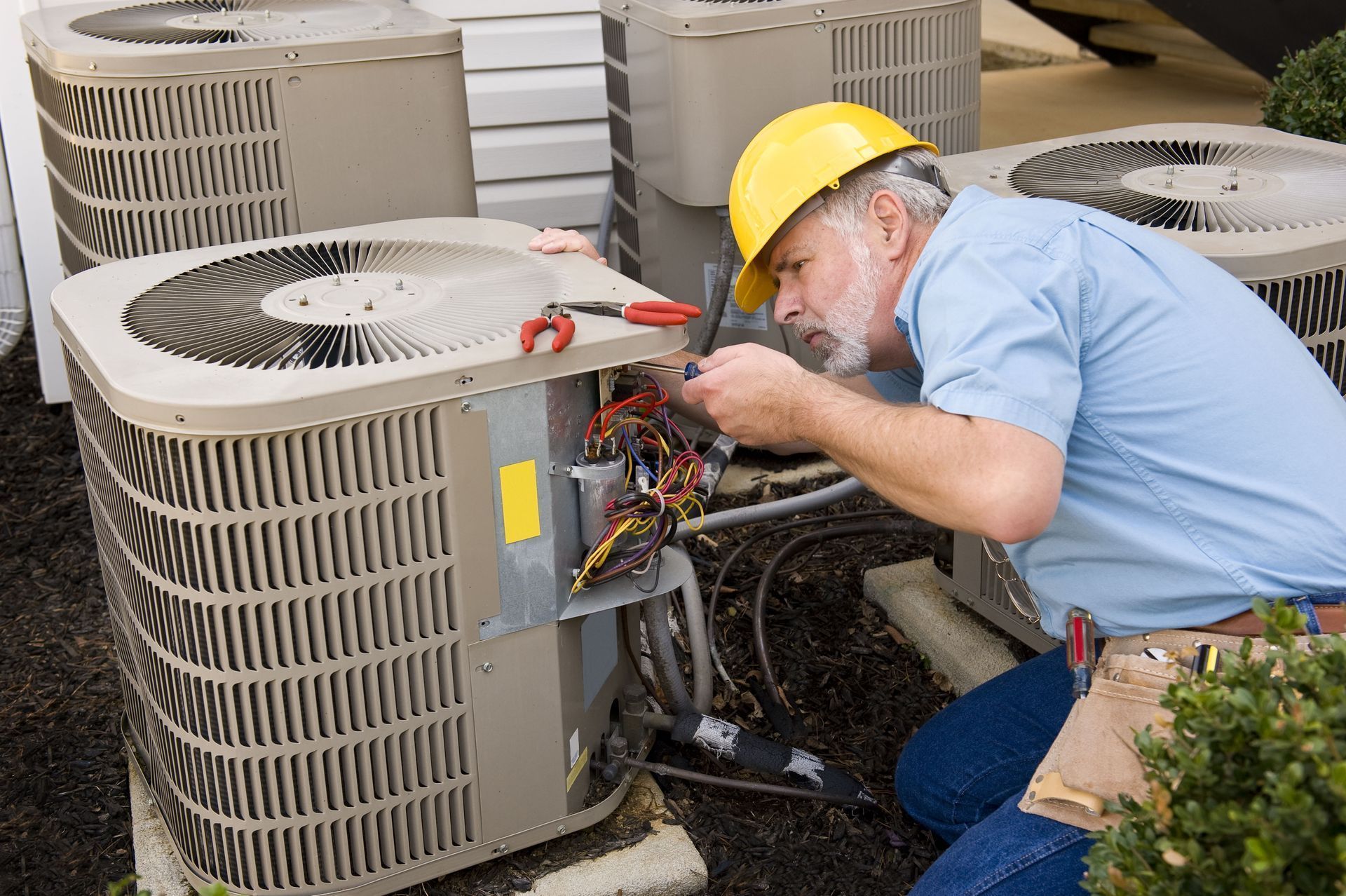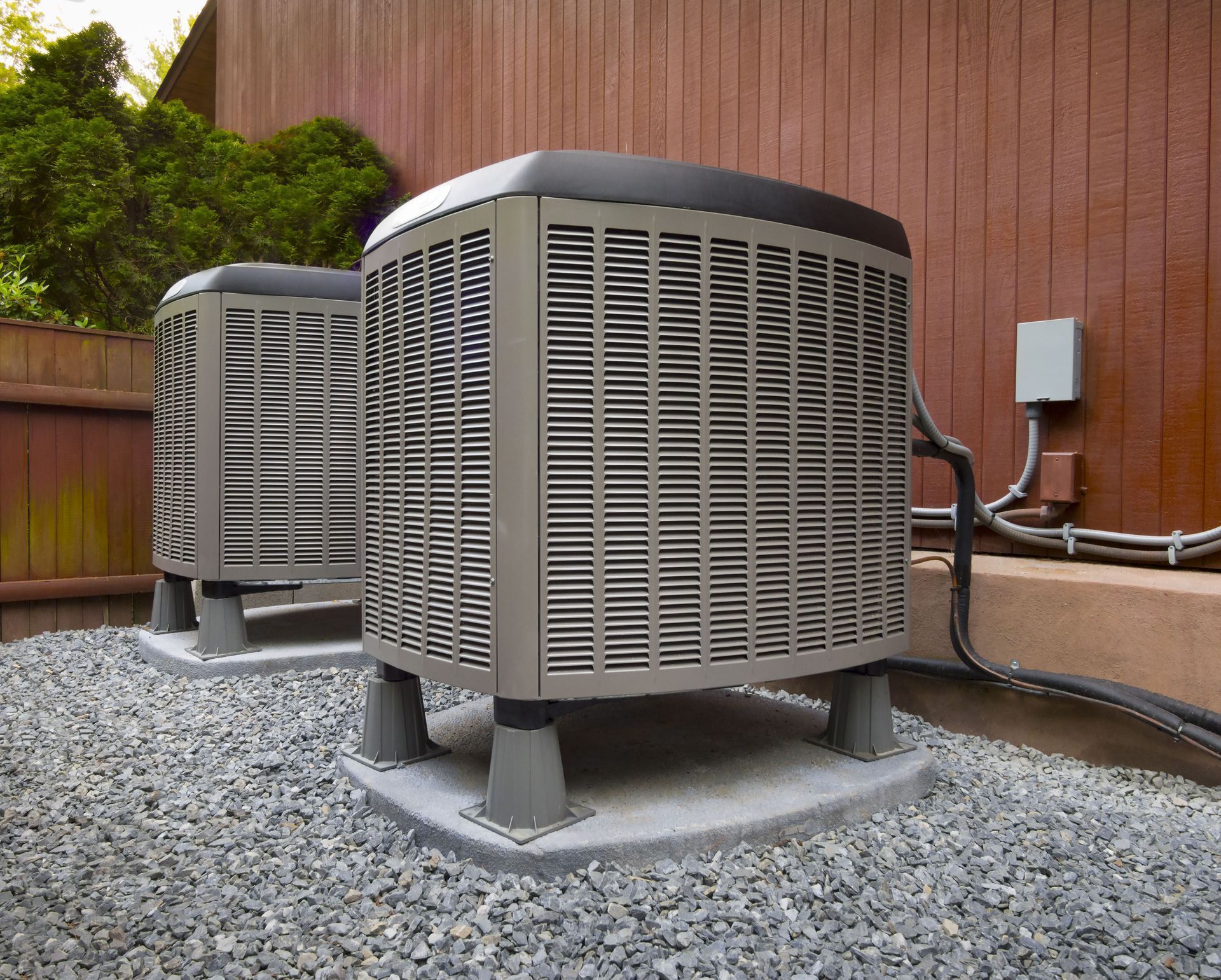Should You Get a New Unit? Signs Air Conditioner Repairs Might Not Be Enough
October 7, 2025
An air conditioner is a vital component in maintaining comfort in homes and businesses, especially during the hot summer months. With temperatures soaring, a malfunctioning air conditioning system can quickly become more than just an inconvenience. However, there comes a time when air conditioner repairs may not suffice, and a new unit becomes necessary. Fixed costs like energy bills and unforeseen expenses, such as frequent repairs, can add up quickly. Let's explore the signs indicating that your air conditioner might be beyond repair and the potential benefits of investing in a new system.
Frequent Breakdowns and Higher Repair Costs
Air conditioners, much like any other appliance, wear out over time and begin to break down more frequently. As a system ages, its components degrade, leading to a cycle of continuous air conditioner repairs that becomes increasingly frequent. For many homeowners, this pattern typically begins with minor issues but can rapidly escalate to more severe problems requiring immediate attention. When repairs start occurring monthly or even bi-monthly, it becomes a signal that the system might be nearing the end of its functional life. Consistently dealing with breakdowns can be both stressful and financially draining, suggesting that a replacement might offer a more reliable solution.
Another red flag pointing towards the need for a unit replacement is escalating repair expenses. As air conditioner repairs become more frequent, the financial burden becomes more pronounced. An original minor repair costing a few hundred dollars can gradually increase to thousands annually as more significant components fail. When repair costs begin to approach or exceed the initial cost of the air conditioner, it becomes increasingly practical to invest in a new unit. Over the long term, continuing to repair an old unit may prove more expensive than installing a new one.
The decision between repeatedly patching up an old system or opting for a long-term solution like replacement is crucial. While minor air conditioner repairs and maintenance tasks can extend the life of a unit, they are short-term fixes that often fail to address underlying issues. Continual breakdowns and repairs can compromise the overall functioning of the air conditioning system, leaving residents uncomfortable and dissatisfied. Embracing a long-term solution can mean a more efficient system that saves money over time while delivering consistent, reliable performance. Weighing the choice between short-term fixes and long-term viability becomes essential for homeowners.
As air conditioning units age, repair issues become more complex, often involving major components like the compressor or condenser. These parts are the heart of the unit, and their failure typically indicates that the system is significantly worn out. Addressing complex repair issues often requires special knowledge and skills. Furthermore, these repairs, aside from being costly, can contribute to extended downtime while waiting for parts and skilled technicians. Assessment of repair complexity can provide valuable insight into whether further investment in repairs is futile..
Conducting a financial analysis of repair versus replacement can facilitate making the most informed decision. A cost-benefit analysis weighs the price of continuous repairs against the one-time expense of a new air conditioning unit. While initial costs of a new installation can be daunting, long-term savings on maintenance and energy provide a compelling case for replacement. According to Global Market Insights, approximately 88% of US households use air conditioning, with two-thirds relying on central AC or heat pumps as their primary cooling device. For many, the longevity and reliability of a new system quickly outweigh the expenses incurred from chronic air conditioner repairs and inefficiencies.
Aging Unit Efficiency
Understanding the age of your air conditioner is critical in evaluating its performance and efficiency. Typically, air conditioning units have a lifespan of about a decade, after which their performance begins to degrade. As the system ages, it becomes harder to maintain, requiring more frequent repairs and servicing. Modern air conditioners incorporate technology that enhances lifespan and reliability, while older units may lack these advancements. Homeowners often face a tough choice between maintaining an aging unit and upgrading to a more efficient system.
Declining energy efficiency is another indicator that your air conditioner may be outdated. Older air conditioning systems often require more energy to achieve the same level of cooling as newer models, leading to inflated energy bills. As your unit ages and efficiency decreases, you may notice a steady increase in your utility expenses. Implementing an energy-efficient model can help reduce costs and lessen environmental impacts by using less energy. Considering energy expenditure and efficiency, choosing a modern air conditioning unit can offer significant savings over time.
Comparing energy efficiency standards between older and modern systems highlights significant improvements in energy consumption. New units often include enhanced features designed to achieve maximum cooling with minimal energy usage. Upgrading to a system that meets or exceeds current efficiency standards can reduce energy consumption substantially. Transitioning from an old system to a new, efficient model is also beneficial for the environment, as reduced energy usage contributes to lower carbon emissions. Combining financial and environmental rationale provides a compelling case for upgrading an outdated system to a modern air conditioning unit.
Comfort and Performance Issues
One of the most noticeable signs of an aging air conditioning unit is inconsistent temperature regulation. When a system continually struggles to maintain a constant temperature, it signals that the cooling mechanism is no longer functioning effectively. Inconsistent temperatures can lead to discomfort, especially during hotter months when reliable cooling is essential. Persistent temperature discrepancies often necessitate frequent adjustments to the thermostat, further burdening the system. Modern air conditioners are designed to regulate indoor temperatures efficiently, ensuring consistent comfort levels throughout living spaces.
Another common issue with old air conditioners is frequent cycling, which negatively affects both comfort and system health. Short-cycling occurs when the system repeatedly turns on and off without completing a full cooling cycle, leading to inefficient operation. Frequent cycling impacts occupant comfort, as the system usually fails to effectively cool the space while consuming excessive energy. Short-cycling also adds wear and tear to the unit, accelerating decline and possibly leading to premature failure. Identifying and addressing cycling problems by upgrading to a new system enhances cooling performance and reduces energy consumption.
Noisy operation is another indicator of deeper issues within an aging system. Excessive noise can indicate that specific components are failing or operating inefficiently, requiring immediate attention. Common noise issues include banging, clanking, or grinding sounds, all of which typically denote internal wear and potential breakdown. Modern systems operate quietly, emphasizing efficiency and occupant well-being. Replacing an aging, noisy unit with a new, quieter model greatly enhances comfort and satisfaction by reducing disturbances and minimizing complications from failing components.
Inability to Meet Thermostat Settings
An air conditioner that struggles to meet thermostat settings often indicates inadequate performance, leading to discomfort and dissatisfaction. This issue usually results from insufficient cooling power, a worn-out compressor, or an outdated control system. Failure to reach desired temperatures is often inconvenient and distressing, particularly in regions with extreme heat. While small adjustments may temporarily alleviate the problem, addressing inadequate performance typically requires replacement. Emphasizing comfort and efficiency, updating to a modern unit ensures effective temperature control and improved occupant satisfaction.
Deciding whether to invest in air conditioner repairs or to replace an air conditioner is never an easy choice, but weighing the signs of frequent breakdowns, high repair bills, declining efficiency, and performance issues can help clarify the decision. A modern unit not only provides dependable cooling but also delivers cost savings and improved energy efficiency over time. By recognizing when an aging system is no longer serving its purpose, homeowners can make a smart investment with the professionals at Anderson's Residential Heating & AC, Inc. Get started today by reaching out for a free estimate!


